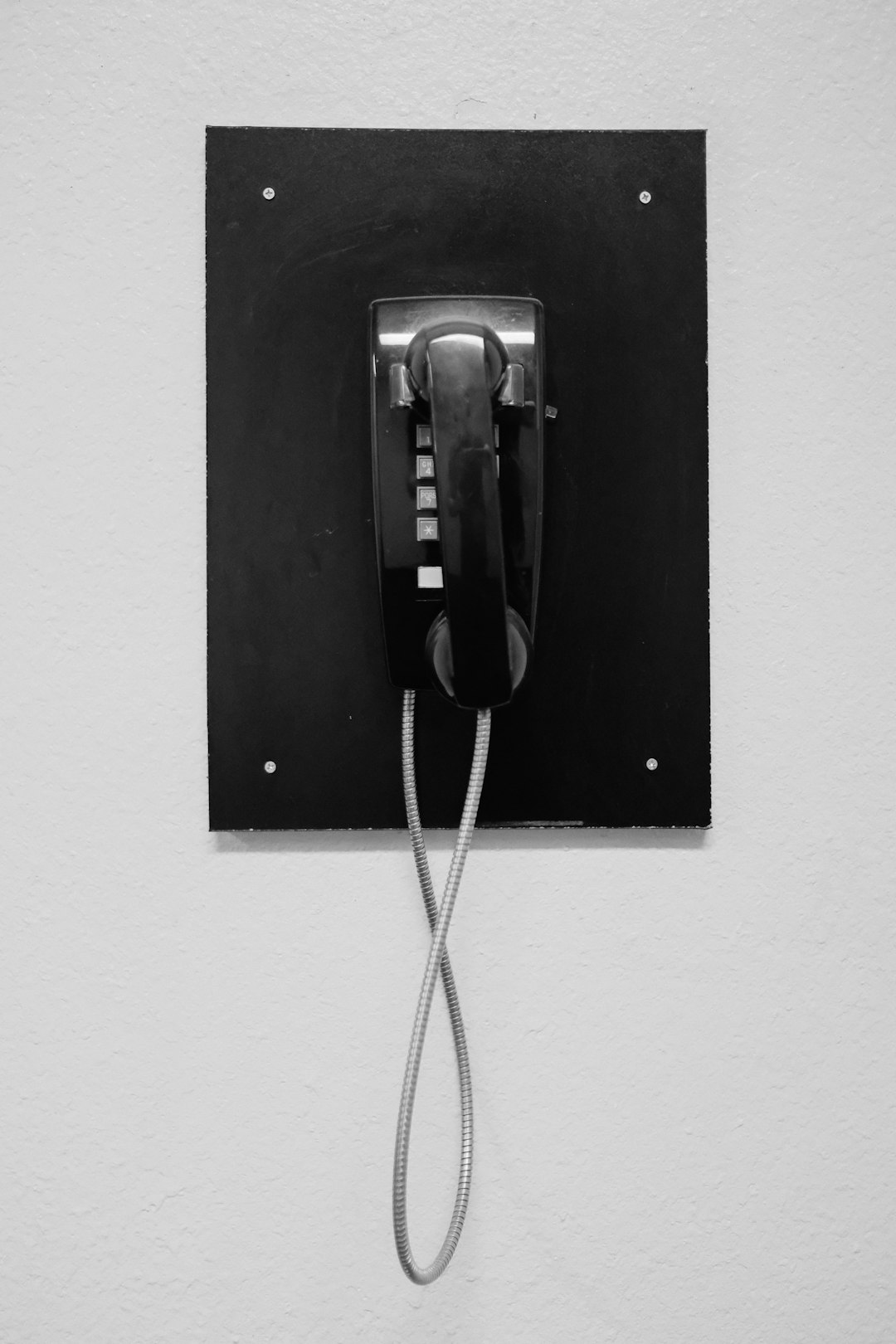Rhode Island's debt collector laws, including the Fair Debt Collection Practices Act (FDCPA), rigorously protect consumers from unfair or abusive debt collection practices. These laws mandate debt validation, accurate information, and forbid aggressive tactics like threats or repeated calls causing emotional distress. Debtors can request cease-and-desist communications and file complaints if their rights are violated. Understanding these regulations empowers individuals to assert their protections and navigate the complex debt collection landscape in Rhode Island effectively.
In Rhode Island, understanding your rights under debt collection laws is crucial for maintaining financial stability. This guide navigates the complex landscape of debt collector regulations in the state, empowering you with knowledge about your entitlements as a debtor. From recognizing unfair practices under the Fair Debt Collection Practices Act (FDCPA) to knowing how to deal with aggressive collectors, this article provides essential insights. Learn about legal recourse options if your rights are violated, ensuring you’re equipped to protect yourself in the event of debt collection issues.
Understanding Rhode Island Debt Collection Laws

In Rhode Island, debt collection practices are regulated by state laws designed to protect consumers from unfair or abusive tactics. Understanding these laws is crucial for anyone facing debt collectors or dealing with debt-related issues. The primary piece of legislation governing this sector is the Fair Debt Collection Practices Act (FDCPA), which sets strict guidelines on how debt collectors can interact with debtors.
Rhode Island’s debt collection laws aim to ensure transparency, fairness, and respect in the process of recovering debts. They mandate that debt collectors obtain valid debts before attempting to collect them, provide accurate information about the debt, and refrain from using abusive, threatening, or deceptive methods during their interactions. Debtors also have rights under these laws, including the right to request validation of the debt and to stop communication from debt collectors at any time.
Your Rights as a Debtor in RI

In Rhode Island, just like in many other states, debtors have specific rights protected by law. When faced with debt collection efforts, individuals should be aware of their entitlements to ensure fair treatment and adherence to legal procedures. According to the debt collector laws in RI, debtors have the right to demand validation of the debt, ensuring that the amount and details are accurate. This process empowers them to verify the legitimacy of the debt and take appropriate actions if there’s any discrepancy.
Furthermore, Rhode Island regulations limit the methods debt collectors can use when attempting to recover debts. They cannot employ aggressive or harassing tactics, such as threatening language or repeated calls aimed at causing emotional distress. Debtors also have the right to request cease-and-desist communications and to file complaints with relevant authorities if they believe their rights have been violated by debt collectors operating within the state. Understanding these rights is a crucial step in navigating the complex landscape of debt collection laws in Rhode Island.
Fair Debt Collection Practices Act (FDCPA) and Rhode Island

In the realm of debt collection, the Fair Debt Collection Practices Act (FDCPA) serves as a crucial legislation designed to protect consumers from aggressive and unfair practices. This federal law sets guidelines for how debt collectors can interact with debtors, ensuring a balanced approach in resolving outstanding debts. Rhode Island, like many states, has its own set of regulations that complement the FDCPA, providing additional safeguards for residents dealing with debt collectors.
Rhode Island’s debt collection laws further reinforce the rights of consumers by establishing clear boundaries on when and how debt collectors can communicate with individuals. These laws ensure that debt collectors adhere to ethical standards, prohibiting abusive or harassing behavior. Understanding these rights is essential for folks in Rhode Island navigating the complexities of debt resolution, as it empowers them to know what to expect from debt collectors and take necessary actions if their rights are violated.
How to Deal with Aggressive Debt Collectors

When dealing with aggressive debt collectors, it’s crucial to know your rights under Rhode Island’s debt collection laws. According to the Fair Debt Collection Practices Act (FDCPA), debt collectors must adhere to specific guidelines when communicating with consumers. They cannot employ abusive, oppressive, or humiliating tactics, nor can they make false or misleading statements about your debt. If you feel that a collector has crossed these boundaries, document all interactions and consider reaching out to the Rhode Island Attorney General’s Office for guidance.
In addition to federal protections, Rhode Island has its own set of debt collection regulations. State laws may offer additional safeguards, such as limitations on when and how often collectors can contact you. Familiarize yourself with these rules to ensure your rights are respected. If necessary, consult with a legal professional who specializes in consumer debt rights to understand your options and take appropriate action under the debt collector laws of Rhode Island.
Legal Recourse for Violations of Debt Laws

If a debt collector violates Rhode Island’s debt laws, individuals have legal recourse to protect their rights. The Fair Debt Collection Practices Act (FDCPA) provides borrowers with several options when faced with unfair or abusive collection practices. This federal law prohibits debt collectors from engaging in certain conduct that is deemed harassing, false, or deceptive. Borrowers can file a complaint with the Federal Trade Commission (FTC), which enforces the FDCPA, and seek damages if they can prove the violation resulted in emotional distress or other harm.
In Rhode Island, state laws also offer additional protections for consumers dealing with debt collectors. The Rhode Island General Laws outline specific rules regarding debt collection practices, including restrictions on when and how often collectors can contact individuals, as well as requirements for validation of debts. If a debt collector fails to adhere to these regulations, borrowers can file a lawsuit in civil court, demanding compensation for any damages incurred due to the violation of their rights under Rhode Island’s debt collector laws.






